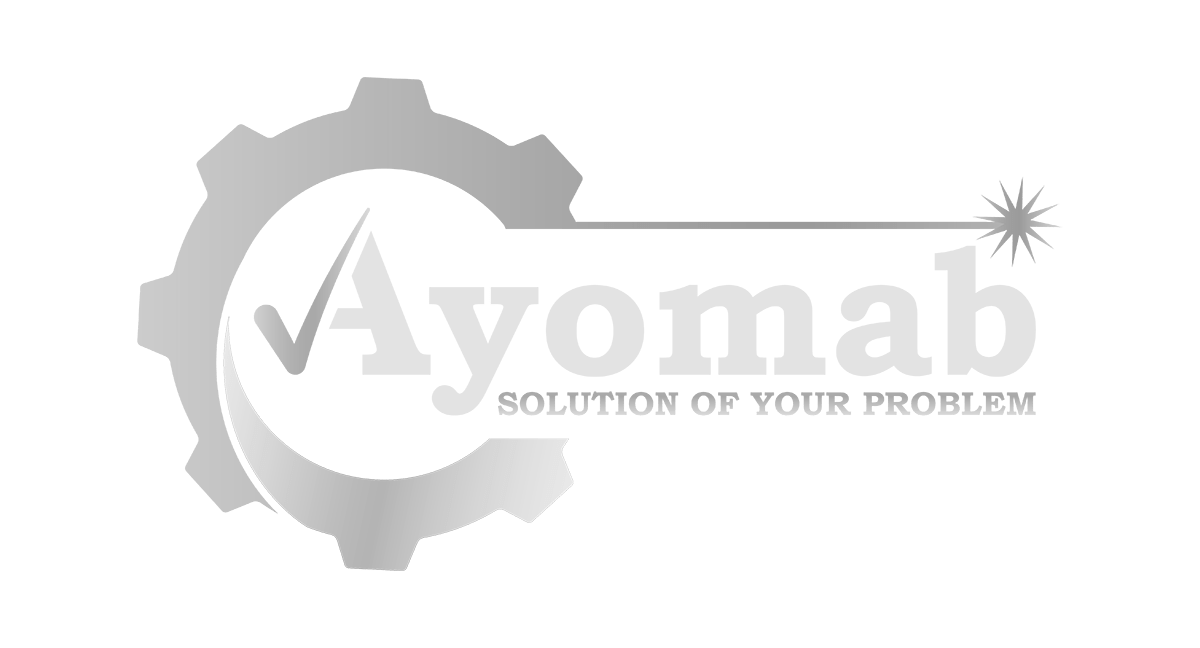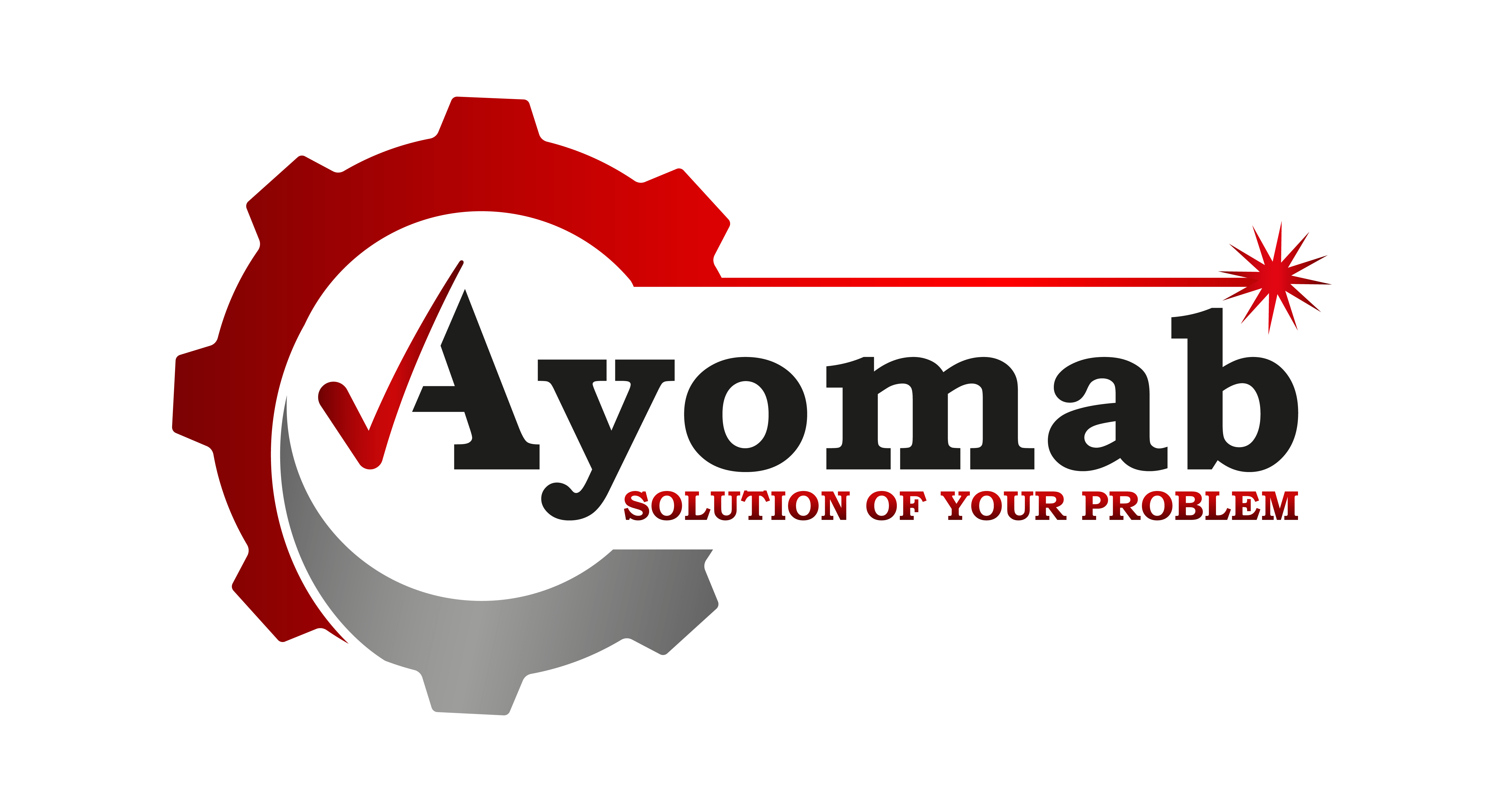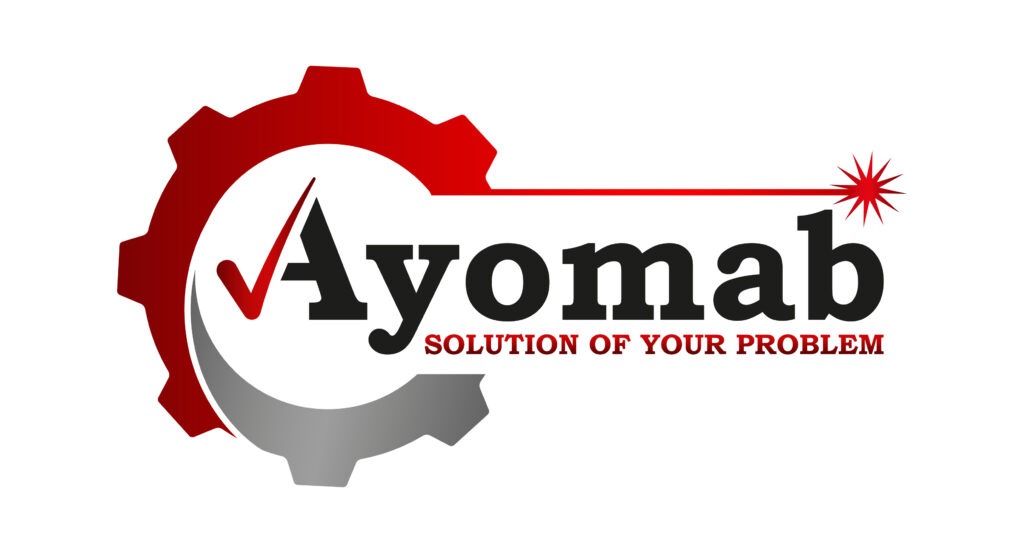WHAT IS MAINTENANCE?
Covers all measures to maintain the equipment in good operating condition to preserve the serviceability of the equipment. The process of keeping something in good condition.
Serviceability is the measure of and the set of features that support the ease and speed of which Corrective Maintenance and Preventive Maintenance can be conducted on a system.
AUTONOMOUS MAINTENANCE
Purpose
Upskilling the operator/Self-initiated maintenance
Steps
- CLIT- Cleaning, Lubrication, Inspection, Tightening
- Countermeasures – Above Highlighted Problems
- Tentative Standardization – To Prevent Problems
- Training of Operators – Educate Operators
- Regularly or frequent basis checks/Inspection – Pre-Operational Check
- Workplace Management – Sustain, Manage, Standardize
- Continuous Improvement – Regular Checks etc.
Planned Maintenance
Planned maintenance in the manufacturing industry, commonly known as planned maintenance or preventive maintenance, entails a proactive strategy aimed at upholding and servicing machinery, equipment, and infrastructure within a manufacturing plant. The principal objective of scheduled maintenance is to proactively avert unforeseen malfunctions, reduce periods of inactivity, and guarantee the optimal functioning and continuous operation of production processes.
BREAKDOWN MAINTENANCE
Correct or repair the faults after it has occurred. The major Concept is to Prevent the Reoccurrence
- Disassembly of equipment
- Identification of broken
- Worn-out or malfunctioning components
- Repair or replacement of such components
| No. | Classification of Breakdown repairs | Downtime Cost |
| 1 | Emergency | High |
| 2 | Normal | Medium |
| 3 | Deferred | Low |
CORRECTIVE MAINTENANCE
It is about innovation. Replacement or Improvement in the design and materials of components with a view to avoiding breakdowns
Objective:
- Improve Reliability (probability of performing operation during normal operation)
- Improve Maintainability (How Quick and Easy to Maintain)
- Reduce the Cost of Parts consumption
PREVENTIVE MAINTENANCE
Includes all activities, which prevents breakdowns. Preventive maintenance involves the scheduling of maintenance tasks in order to mitigate possible issues, as determined by the results of inspections. The responsibilities involved in maintaining the equipment may encompass activities such as cleaning, lubricating, replacing worn components, or making necessary adjustments to ensure the equipment operates at its highest level of performance.
Time-Based Maintenance
Time-based maintenance (TBM) is a widely employed maintenance approach across many industries, aimed at ensuring the optimal functioning of equipment, machinery, and systems. This approach entails conducting maintenance tasks at predetermined intervals according to a set timeframe, as opposed to relying on equipment failure or observable indications of deterioration. The principal objective of time-based maintenance is to proactively mitigate unforeseen failures, prolong the longevity of assets, and guarantee the attainment of peak operational efficiency for equipment.
- Fixed Period,
- Daily
- Weakly
- Monthly
- Yearly
- Any other
Conditioned Based Maintenance
Condition-Based Maintenance (CBM), alternatively referred to as Predictive Maintenance, is a maintenance approach that prioritizes the monitoring of the real-time state of equipment or assets in order to ascertain the optimal timing for maintenance activities. Condition-based maintenance (CBM) diverges from the conventional practice of conducting maintenance chores at predetermined time intervals. Instead, CBM leverages data and sensor technologies to evaluate the operational state of equipment in real-time.
On-Line Basis
Based on various measurement data and its analysis.
Deterioration Level
Predictive Maintenance
The amount of wear or deterioration record may be used to predict
- Rotating Machinery Diagnostics
- Static Equipment Diagnostics



